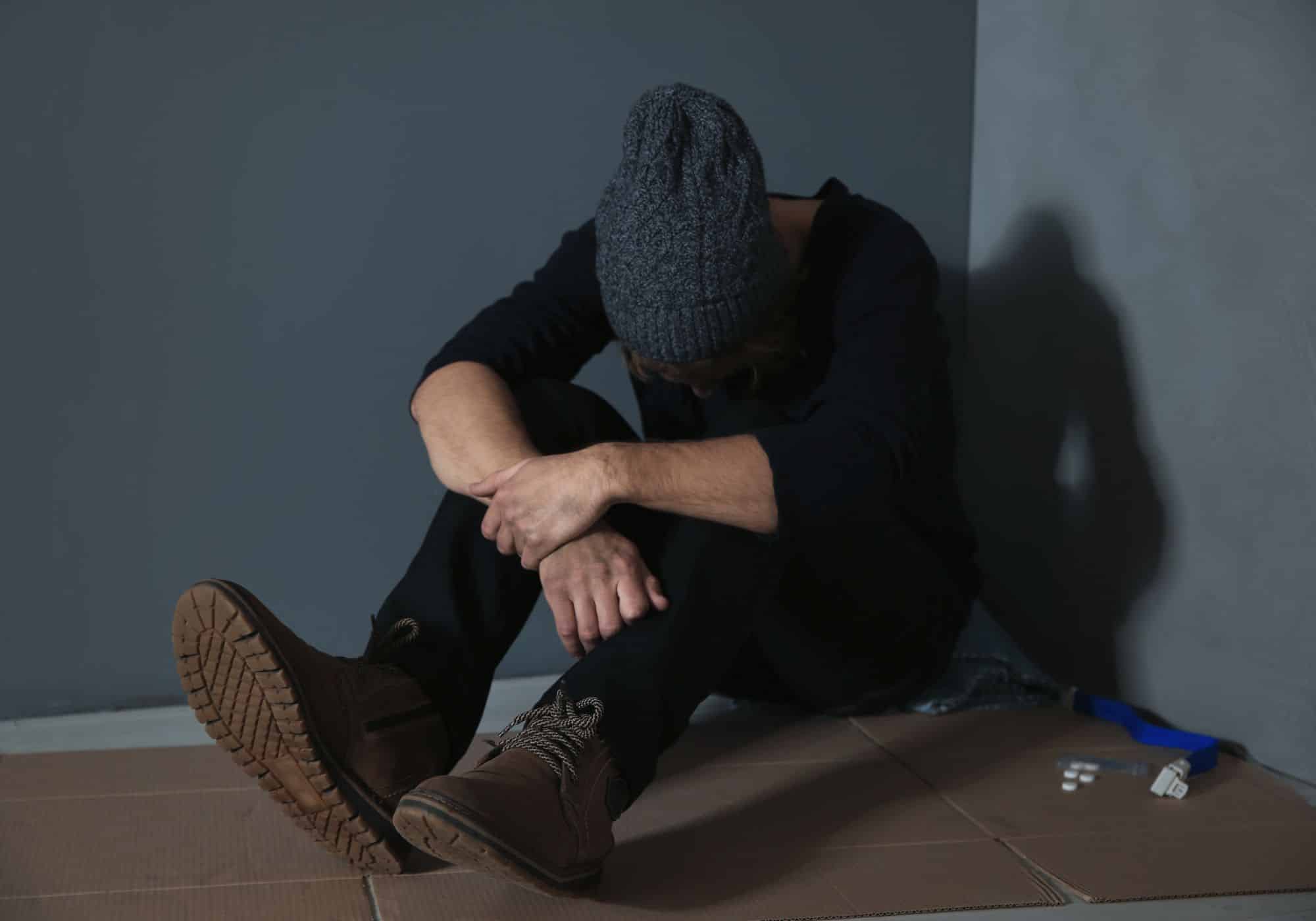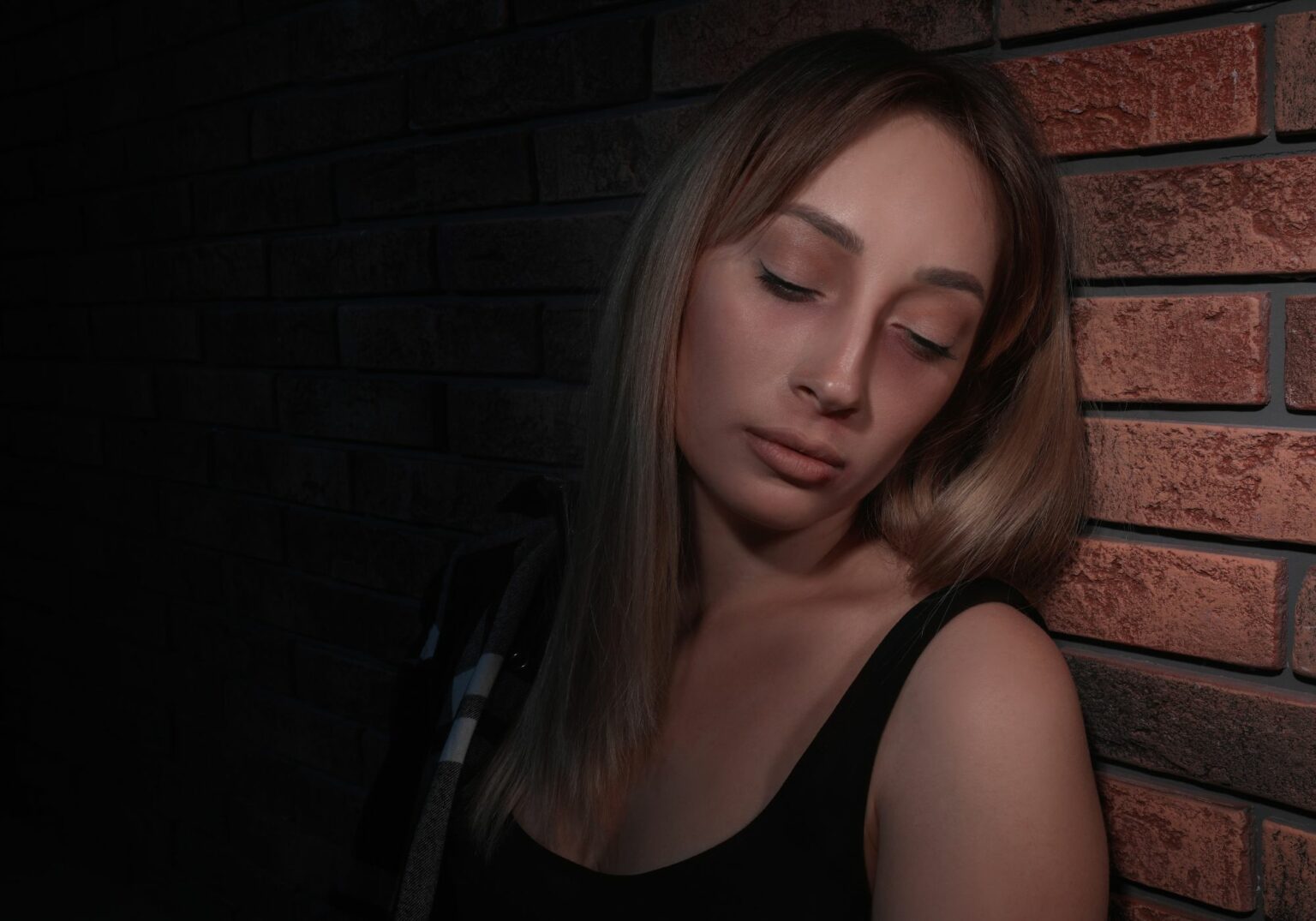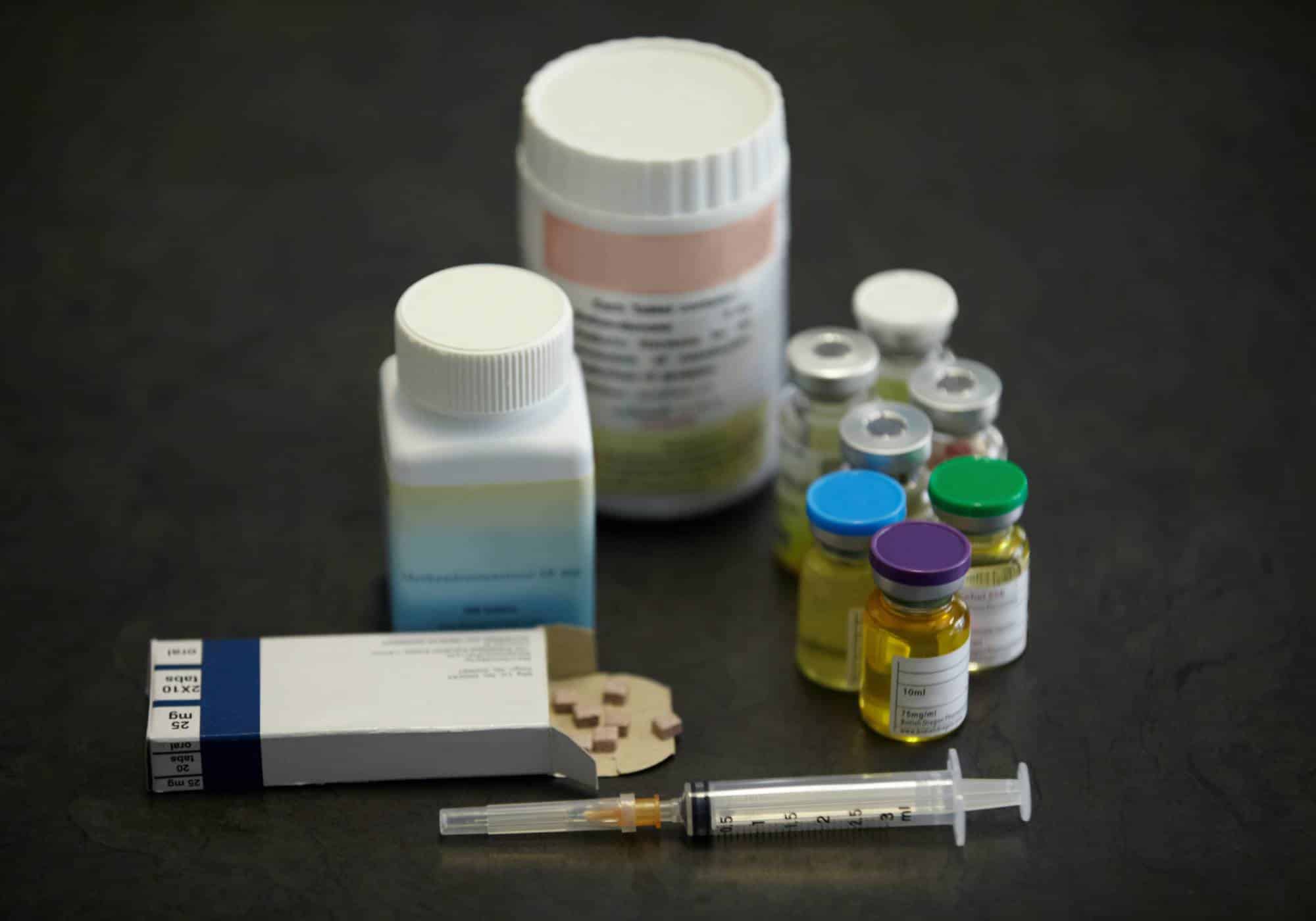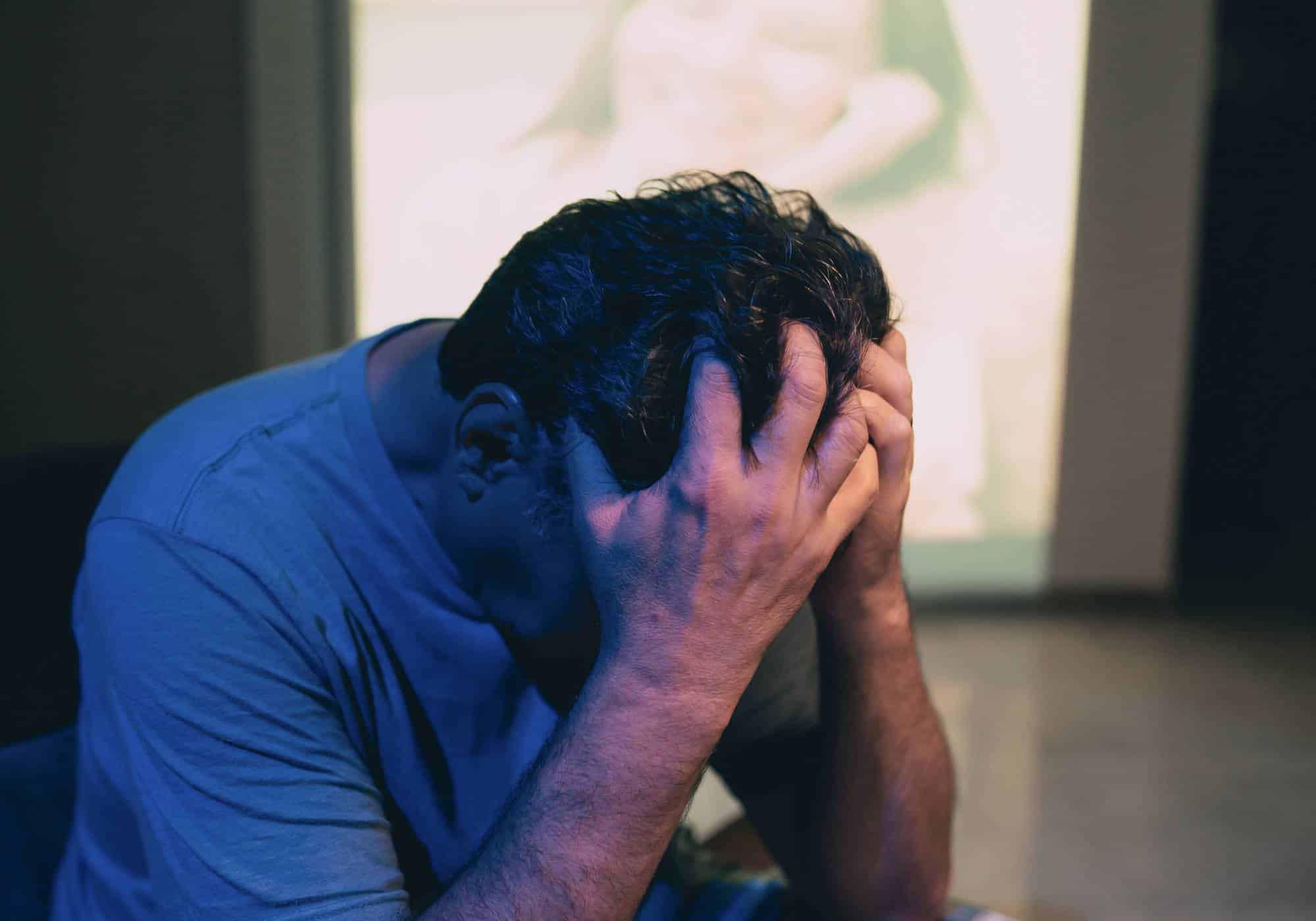Ecstasy, commonly known as Molly or MDMA, is an illegal synthetic drug favored for its euphoric effects. Predominantly used in social settings like bars and parties, it’s particularly popular among teenagers and young adults. MDMA acts as both a stimulant and hallucinogen, heightening tactile sensations and boosting energy and euphoria. It can also alter time perception, amplify empathy, and increase sexual arousal.
Though rare, MDMA overdose is a serious concern. This article delves into the symptoms and risk factors of an ecstasy overdose and provides guidance on what to do in such emergency situations. If you or a loved one are struggling with MDMA addiction, don’t hesitate! Call Hope Harbor Wellness today to begin your MDMA addiction treatment in Atlanta, GA today.
Can You Overdose on MDMA?
Yes, overdosing on MDMA is possible and can be quite serious. High doses of MDMA can result in severe, sometimes life-threatening consequences. If someone shows signs of an MDMA overdose, it’s crucial to get medical help immediately. After stabilization, those who have overdosed on Ecstasy may need further drug treatment to address and prevent ongoing misuse. While fatal overdoses from Ecstasy are uncommon, it’s important to recognize that they can still lead to significant health complications. Being aware of the risks and symptoms of MDMA overdose is essential for ensuring timely intervention and care.
Signs and Symptoms of MDMA Overdose
An overdose of MDMA, commonly known as Ecstasy, can be extremely dangerous and even life-threatening. Key symptoms of an MDMA overdose include:
- Irregular heart rate and rhythm.
- Problems regulating body temperature.
- Hyperthermia, or overheating, often exacerbated by intense physical activity in warm environments like dance parties.
- Rhabdomyolysis, a serious condition involving muscle breakdown that can lead to kidney damage.
- Seizures.
Additionally, using MDMA can trigger serotonin syndrome, especially when combined with other drugs that increase serotonin levels. This condition is urgent and potentially fatal, with symptoms such as:
- High fever.
- Tremors.
- Seizures.
- Abnormal heart rhythms.
- Loss of consciousness.
Immediate medical attention is essential when these symptoms are observed, as timely treatment is crucial in managing an MDMA overdose effectively.

Risk Factors of MDMA Overdose
There are several key risk factors that increase the likelihood of an MDMA overdose or toxicity:
- Taking multiple doses of MDMA at once, often referred to as “stacking,” or consuming doses in quick succession.
- Combining MDMA with alcohol or other substances, including certain prescription medications that affect serotonin levels.
- Using MDMA while engaging in intense physical activity or in hot environments, which can amplify the drug’s effects.
Being aware of these risks is crucial for anyone using MDMA, as they significantly raise the chances of experiencing a dangerous ecstasy overdose.
Causes of Ecstasy Overdose
Ecstasy is predominantly used by young adults in the U.S., with its usage starting as early as middle school. The 2014 Monitoring the Future study, which surveyed around 15,000 high school seniors, found that about 4% reported using ecstasy in the past year.
Interestingly, a different study noted that 2% of 8th graders and 5% of 10th and 12th graders also reported using ecstasy in the last year. Many high school seniors consume Molly, often without realizing it’s the same as ecstasy. This lack of awareness might mean actual usage rates are higher than reported, as the survey didn’t specifically inquire about Molly.
The study also revealed gender and geographical differences: males showed a higher tendency towards ecstasy use than females, and living in a rural area seemed to reduce the risk.
There’s a notable link between teens’ prior use of illegal drugs, cigarettes, marijuana, alcohol, and their likelihood of using ecstasy. Additionally, young adults earning around $50 per week from part-time jobs were at a higher risk of ecstasy use.
The composition of ecstasy varies greatly, with substances ranging from caffeine to dextromethorphan often mixed in. This variability can increase the risk of overdose.
Ecstasy is also considered a ‘gateway’ club drug, indicating its use may predict future experimentation with other dangerous substances like GHB and ketamine. Understanding these patterns and risk factors is crucial in addressing the root causes of ecstasy use and preventing potential overdoses.
Is an Ecstasy Overdose Fatal?
While rare, an overdose on ecstasy (MDMA) can be life-threatening, especially when taken in high doses. The danger escalates if ecstasy is combined with other drugs like cocaine, amphetamines, or methamphetamine. Often, ecstasy pills are not purely MDMA but mixed with other substances, including fentanyl, which significantly increases the risk of a fatal outcome.
Ecstasy is commonly used in warm, crowded environments like clubs or concerts. These settings, coupled with ecstasy’s stimulant effects, can lead to hyperthermia (a sharp rise in body temperature). This condition can be worsened by dehydration and may result in muscle breakdown, electrolyte imbalances, such as hyponatremia, and possibly kidney failure.
Additionally, an ecstasy overdose can markedly elevate heart rate and blood pressure, contributing to serious cardiovascular issues like cardiac dysrhythmias, heart attacks, aortic dissections, or intracranial hemorrhages. It’s crucial to be aware of these risks and the environments in which ecstasy is often used to understand the potential severity of an overdose.
What to Do if You Overdose on Ecstasy and MDMA
In the event of a suspected MDMA overdose, immediate action is crucial:
- Call Emergency Services: Treat the situation as a medical emergency and dial 911 immediately.
- Initiate Life-Saving Measures: Be ready to perform CPR if the person stops breathing or lacks a pulse.
- Ensure Safety: Lay the person down on their side to prevent choking and clear their surroundings of any hazards, especially if seizures occur.
- Stay Calm: While waiting for help, try to keep both the victim and yourself calm.
At the hospital, medical staff will collect information on all substances taken and may conduct lab tests and imaging studies. Treatment for MDMA overdose often includes administering activated charcoal to counteract any remaining drugs in the stomach. Doctors will also address critical conditions like high blood pressure, elevated body temperature, and cardiac issues. Depending on various factors, the individual might be admitted for further medical care, transferred to a detox or addiction treatment facility, or discharged with recommendations for supportive services. Remember, quick and informed action can be life-saving in MDMA overdose situations.

Treatment for MDMA Overdose
Treating an ecstasy overdose requires tailored medical intervention, considering each individual’s specific reactions to the drug and symptom severity.
Effective treatment typically occurs in hospital emergency rooms, where medical professionals handle acute physical reactions first. The risk of overdose escalates when ecstasy is mixed with alcohol or other drugs.
A common issue in ecstasy overdoses is dehydration and potential organ failure. Initial treatment often focuses on cooling the body and rehydration. Additionally, anti-nausea medication and sedatives might be administered to alleviate withdrawal symptoms.
Once physical stability is achieved, psychosocial treatment begins. An important aspect is debunking the myth that ecstasy is a safer option compared to other drugs like cocaine.
Ecstasy poses a high addiction risk, with over 40% of users potentially meeting the National Institute for Drug Abuse (NIDA)’s criteria for drug addiction. The patterns of ecstasy addiction are similar to those of other drugs, characterized by:
- Difficulty in controlling ecstasy use.
- Neglecting social and professional commitments.
- Developing tolerance, necessitating higher doses for the same euphoric effect.
Addressing both the immediate physical complications and the longer-term psychological aspects is crucial in the comprehensive treatment of ecstasy overdose and addiction. If you or a loved one are struggling with MDMA addiction, call us today at 678-929-6304 to begin your MDMA addiction treatment.
MDMA Overdose Treatment at Hope Harbor Wellness
After a person is treated for a ecstasy overdose, they may benefit from other types of treatment. Located in the serene suburbs of Atlanta, Hope Harbor Wellness is your ally in the fight against MDMA addiction in Atlanta, GA. Our drug rehab centers, dedicated to holistic recovery, are ideally situated to offer you the support you need.
Our compassionate outpatient program collaborates with top-tier medical MDMA detox facilities, ensuring a safe and effective detox process. Once free from addictive substances, you can seamlessly transition into one of our specialized outpatient treatment programs at Hope Harbor Wellness, designed to address substance use disorders:
- Outpatient Rehab: A flexible program tailored to fit into your daily life.
- PHP (Partial Hospitalization Program): Offers a structured yet non-residential approach to treatment.
- IOP (Intensive Outpatient Program): Provides more intensive care while allowing you to maintain daily responsibilities.
- Dual Diagnosis Treatment Program: Caters to those with co-occurring mental health disorders.
Our MDMA treatment programs incorporate a variety of interventions:
- MAT (Medication-Assisted Treatment): Utilizes medications to ease withdrawal symptoms and cravings.
- Psychotherapy: Addresses underlying psychological aspects of addiction.
- Group Therapy: Offers peer support and shared learning experiences.
- Individual Counseling: Provides personalized guidance and support.
- Family Therapy: Helps heal and strengthen family relationships.
- Holistic Therapies: Focuses on overall well-being, including physical, emotional, and spiritual health.
- Aftercare: Ensures ongoing support post-treatment.
Embark on your journey from ecstasy addiction to recovery with Hope Harbor Wellness. Trust in our dedicated team to guide you every step of the way. For more information or to start your journey, call our admissions team at 678-929-6304.












